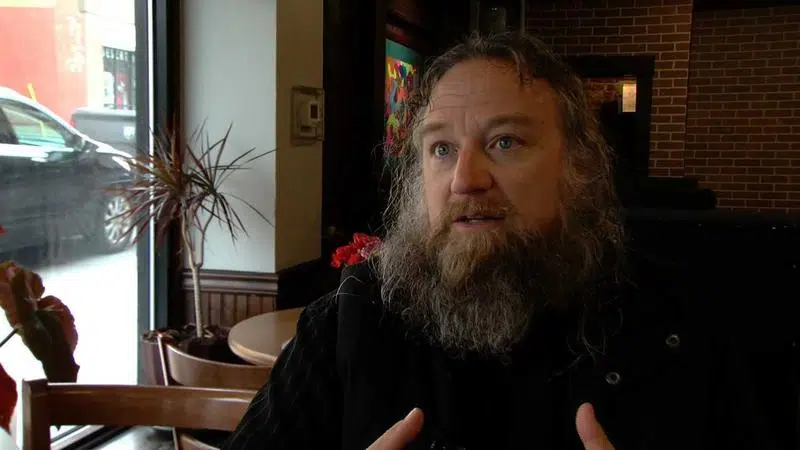
Candidate profile: Communist Party candidate Peter Kerek
KAMLOOPS — In just over three weeks, Canadians will go to the polls to elect our next government. Here in Kamloops, our slate of candidates includes several running for smaller parties who may not have as high a profile as the Liberals or Conservatives. One such candidate here in the Kamloops-Thompson-Cariboo riding is the Communist Party of Canada’s Peter Kerek.
For some Canadians, it was a bad word, connected with shadowy Soviets and the Cold War. For Kerek, the negative association around being a Communist just isn’t there.
“There’s a certain generation of folks who bought into the [propaganda]. I mean, we all kind of believed what our teachers said when we were growing up,” Kerek tells CFJC Today. “We didn’t all get a chance to see the other side of things.”


